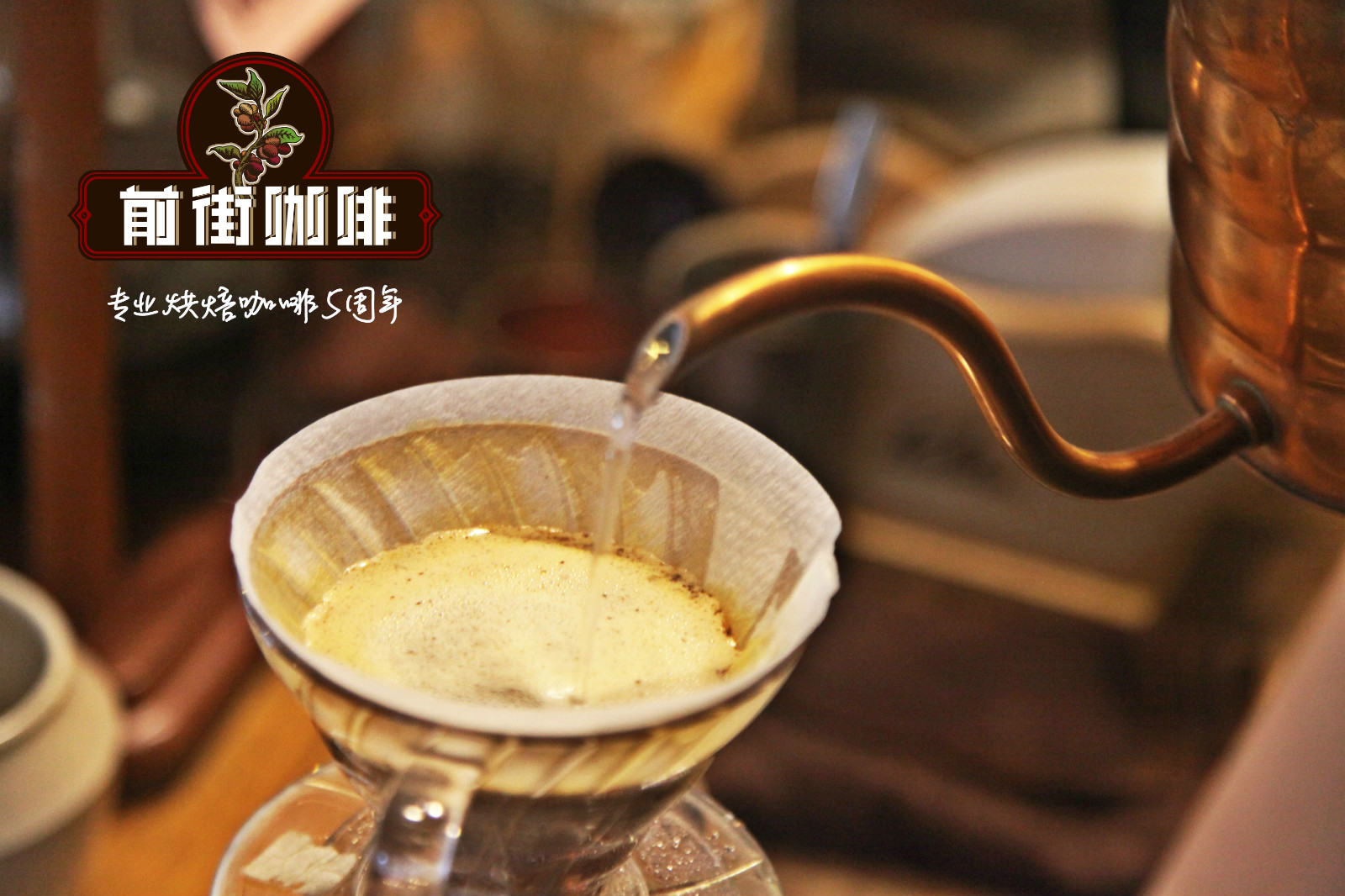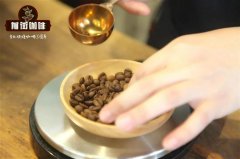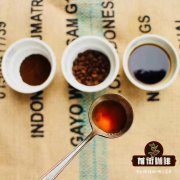Rosa has another name, do you know?

Professional coffee knowledge exchange more coffee bean information please follow the coffee workshop (Wechat official account cafe_style)
Geisha coffee beans, some people call it Rose Summer Coffee or Yiqiu beans, are actually the same kind of coffee beans. Its name comes from Geisha Mountain in Ethiopia. It sounds like a Japanese geisha, hence its name.
Geisha coffee beans have an extraordinary legend. It turns out that this kind of coffee bean originated in southwestern Ethiopia. In 1963, geisha coffee was introduced from Costa rica to Panama by Don Pachi Serracin. Because the yield is not high, it directly affects the harvest, and coffee farmers are not willing to grow it. It wasn't until Daniel Peterson, the owner of the Panama La Esmeralda in Panama, accidentally discovered that at the top of his coffee farm, the coffee beans produced by these geisha coffee trees, which used to be used as a windbreak, had the citrus and floral aroma peculiar to African beans. Independent of its coffee beans, participate in the 2004 Panamanian coffee bean cup test competition and become a hit. Since then, kabou has been unstoppable and has won the Panamanian coffee cup test competition for many years. In the eyes of boutique coffee lovers all over the world, geisha coffee beans are undoubtedly the supreme treasure.
Geisha, originally a wild coffee variety growing in southwestern Ethiopia, was brought to a coffee estate in the Bork District of Panama in 1963. Because of its poor yield and high tree species, it was planted next to the coffee farm as a windbreak.
2004 was a year that changed the fate of a geisha.
In that year, the son of the coffee farm searched the coffee trees in the estate for testing in order to participate in the national coffee competition, but accidentally found a geisha.
In the competition, Geisha won the championship with a strong and complex flavor, with one of the judges describing it as the Cup of God, and then winning the title for four consecutive years.
In the auction house, geisha also broke many high price records.
Compared with the typical Panamanian coffee flavor, geisha's distinctive features are impressive, full of jasmine aromas, with sour and sweet notes of orange, lemon and honey, clean and soft on the palate.
Slightly sour but not bitter, full of flower and fruit aroma, no wonder some people describe it as coffee that does not look like coffee.
Important Notice :
前街咖啡 FrontStreet Coffee has moved to new addredd:
FrontStreet Coffee Address: 315,Donghua East Road,GuangZhou
Tel:020 38364473
- Prev

Kenya AB is sweet and sour and delicious. What does Kenya AB bean look like? Kenyan method of treatment
Professional coffee knowledge exchange more coffee bean information please follow the coffee workshop (Wechat official account cafe_style) Kenya AB grade (15pm 16 screen) is slightly smaller than Kenya AA and is regarded by some as quality coffee. Whenever possible, we would rather choose two Niya products and our Kenyan AB, just like our AA + only if we have some other high-level potential.
- Next

Costa Rica Shumawa processing plant, how do coffee beans taste like plums? will there be an imbalance between sweet and sour?
Professional coffee knowledge exchange more coffee bean information please pay attention to the coffee workshop (Wechat official account cafe_style) Shumawa processing plant (Sumava de Lourdes) is in 2016, Costa Rica champion processing plant, Mengtie Manor won the 2016 (CoE) championship, most of Costa Rica is the volcanic terrain with fertile volcanic ash, as well as mild and suitable temperature, are coffee.
Related
- Detailed explanation of Jadeite planting Land in Panamanian Jadeite Manor introduction to the grading system of Jadeite competitive bidding, Red bid, Green bid and Rose Summer
- Story of Coffee planting in Brenka region of Costa Rica Stonehenge Manor anaerobic heavy honey treatment of flavor mouth
- What's on the barrel of Blue Mountain Coffee beans?
- Can American coffee also pull flowers? How to use hot American style to pull out a good-looking pattern?
- Can you make a cold extract with coffee beans? What is the right proportion for cold-extracted coffee formula?
- Indonesian PWN Gold Mandrine Coffee Origin Features Flavor How to Chong? Mandolin coffee is American.
- A brief introduction to the flavor characteristics of Brazilian yellow bourbon coffee beans
- What is the effect of different water quality on the flavor of cold-extracted coffee? What kind of water is best for brewing coffee?
- Why do you think of Rose Summer whenever you mention Panamanian coffee?
- Introduction to the characteristics of authentic blue mountain coffee bean producing areas? What is the CIB Coffee Authority in Jamaica?

